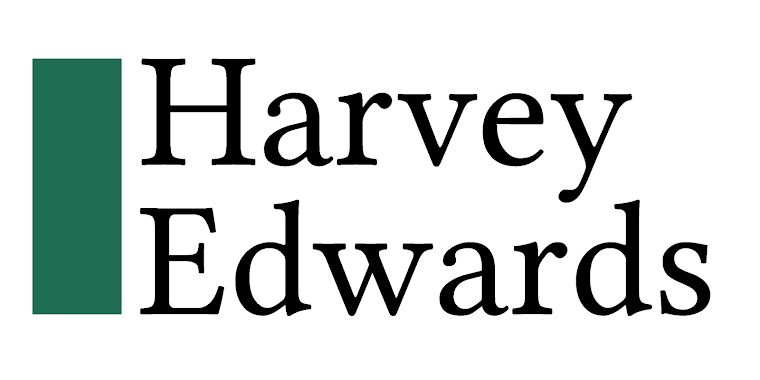In Part 1 of the article “Universal Credit: The Basics” we
have highlighted the impact the draft regulations will have on PAYE, and to our
disappointment, most of the national attention has been focused in this direction.
However, the implications of the Universal Credit (UC) draft regulations are
far more serious for the self-employed and it is our intention to add our voice
to the public debate by showcasing these concerns.
Tax Credits Overview
Tax credits are payments from the government. If you work
and currently on low income you may qualify for Working Tax credit;
additionally, if you are responsible for at least one child or young person you
may qualify for Child Tax Credit. You may qualify for both of these payments
which are not taxable.
How it Works
Tax Credits are usually based on your income for the
previous year and the payments are only ever amended during the current year if
you notify HMRC of a fall in income for the current period.
After the end of the current year, you will then have to
provide details to HMRC of total income received for that year, usually by July
31st for the employed and January 31st for the
self-employed.
Reason for the Change
Remember we mentioned that the calculation and payment of
Tax Credit are based on your income for the previous year? Now this has always
created a bit of a dilemma for the DWP, namely for example what to do where a
person whose current income is higher than their previous year’s income but
they are currently receiving Tax Credit based on their previous year’s income
levels. This would naturally result in an overpayment of Tax Credit. To reduce the number of repayments requested
from claimants an “income disregard” of £10,000 has been put in place. The
income disregard is an amount that you can earn above your previous year’s
earnings without the need for you to make repayments to the DWP.
However, with the advent of Real Time Information for PAYE
the designers of UC have determined that Tax Credit payments should now be
based on current year’s income rather than that of the previous year. Further,
the draft regulations require payments to change immediately as your income
level changes. This is to ensure that HMRC knows of all earnings of taxpayers
immediately as is realistically possible.
The Self Employed
This takes us into the problem of the self-employed. They
need to be brought within UC but HMRC has no intention of collecting their
information other than through Self-Assessment (or VAT returns where
applicable). The draft regulations therefore suggest that the self-employed
should submit monthly statements of income. You probably need to go and get
yourself a drink at this point huh? I can assure it’s not a typo, a monthly statement
of account is what will be required if the current draft regulations
remain unchanged.
The draft regulations suggest that income will be reported on
a “simplified cash income basis”, and that this will make it easier for a
claimant to report monthly without the need for an accountant. This statement
in our view highlights the naivety of the UC designers as it relates to
accounting for the self-employed.
HMRC is currently consulting on a “cash basis” for those
running low income businesses, but the UC regulations, administered by the DWP,
have created a standalone system separate from that which HMRC is currently
consulting on. This creates additional concerns for us as accountants which we
will explore in Part 3, the final instalment of this article on Universal
Credit.
www.he-llp.com
0113 815 1315
15 Queens Square, Leeds, LS2 8AJ


No comments:
Post a Comment